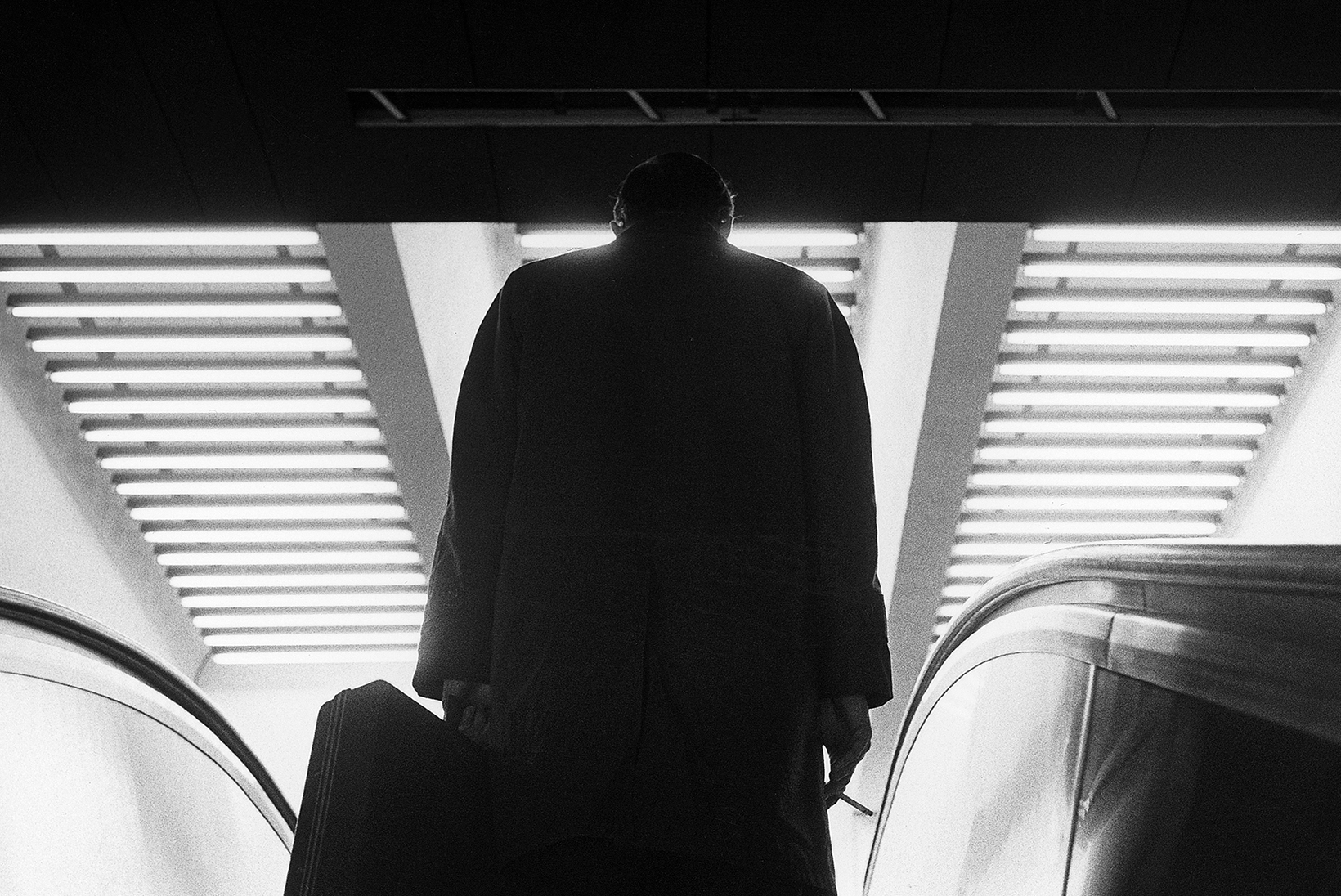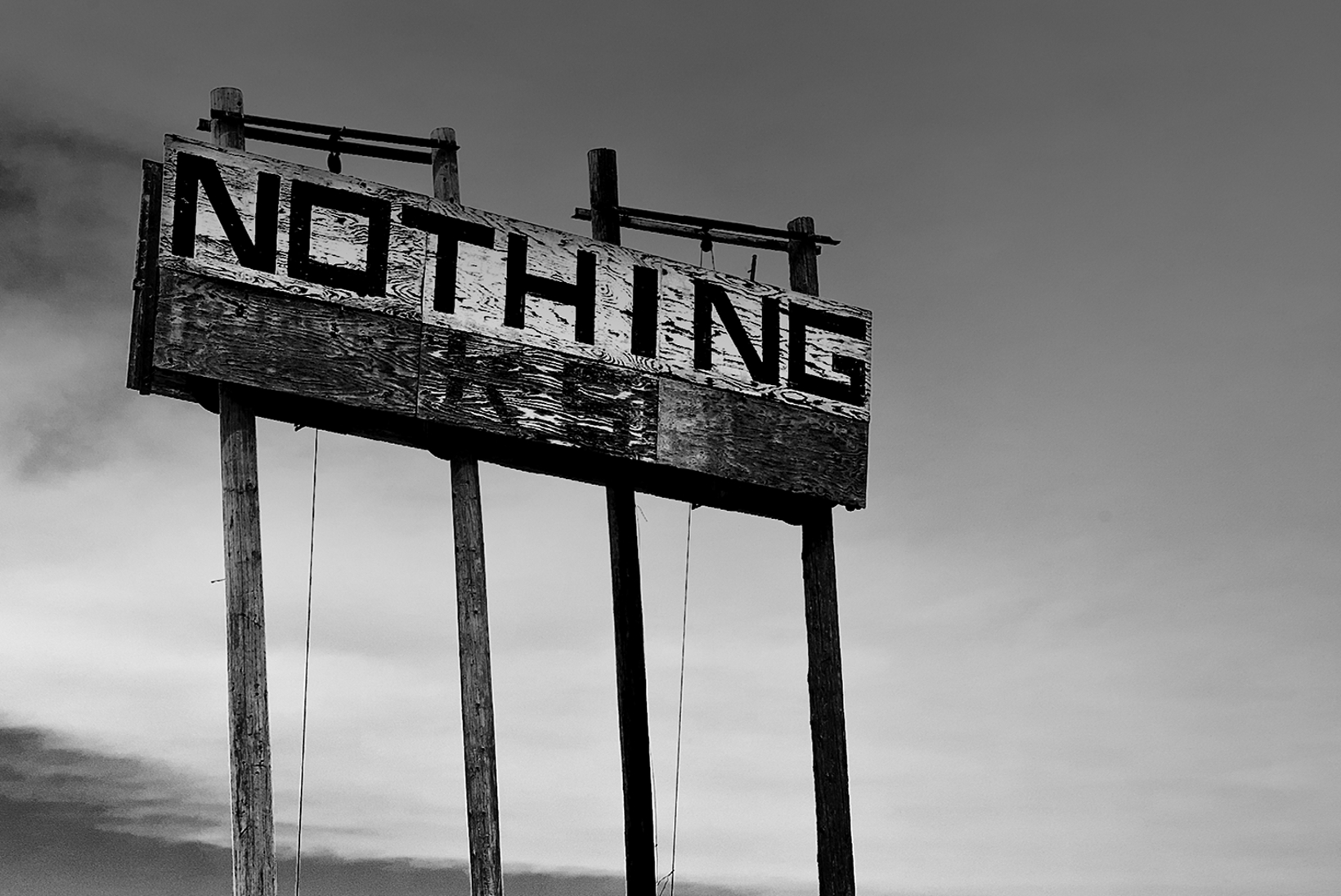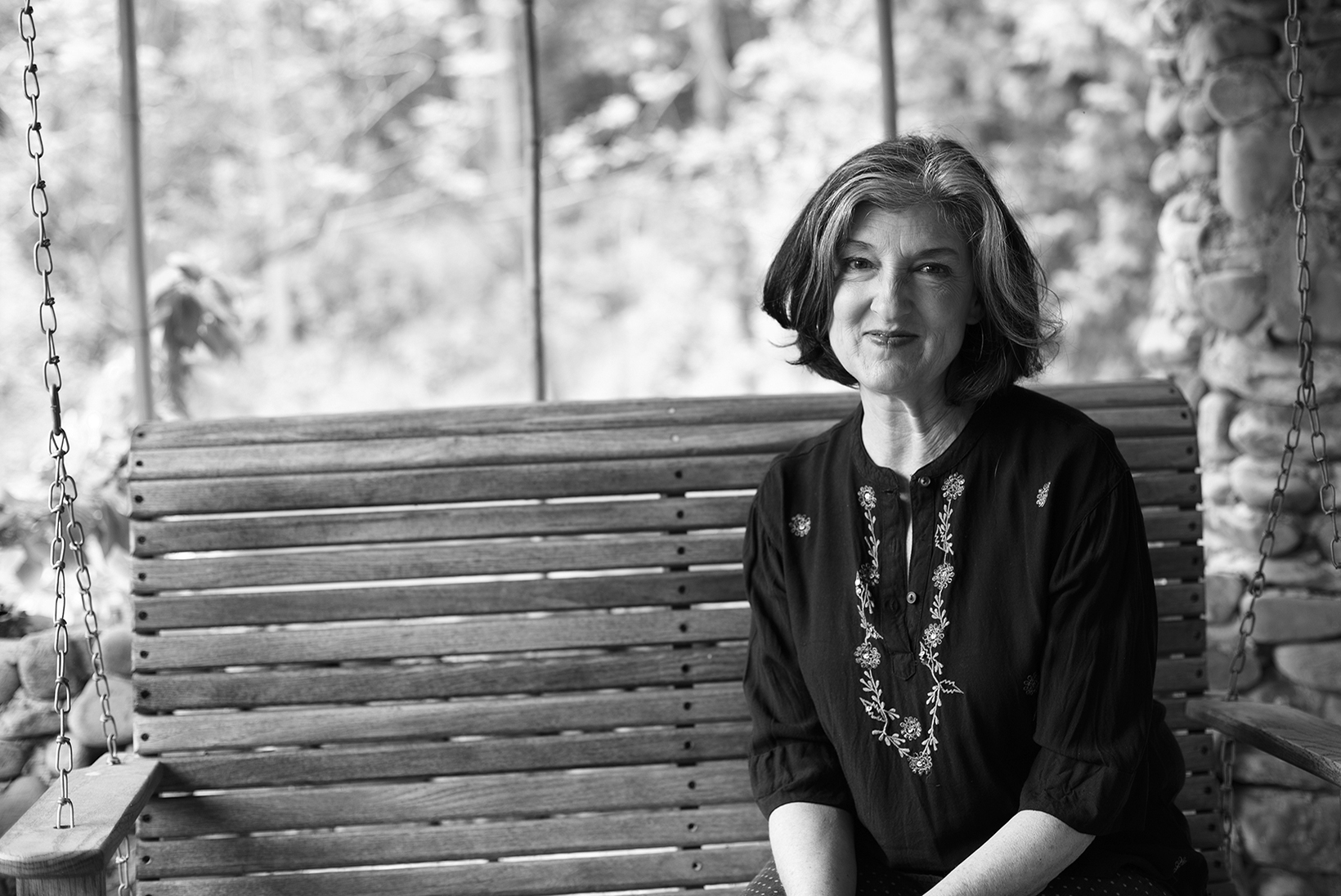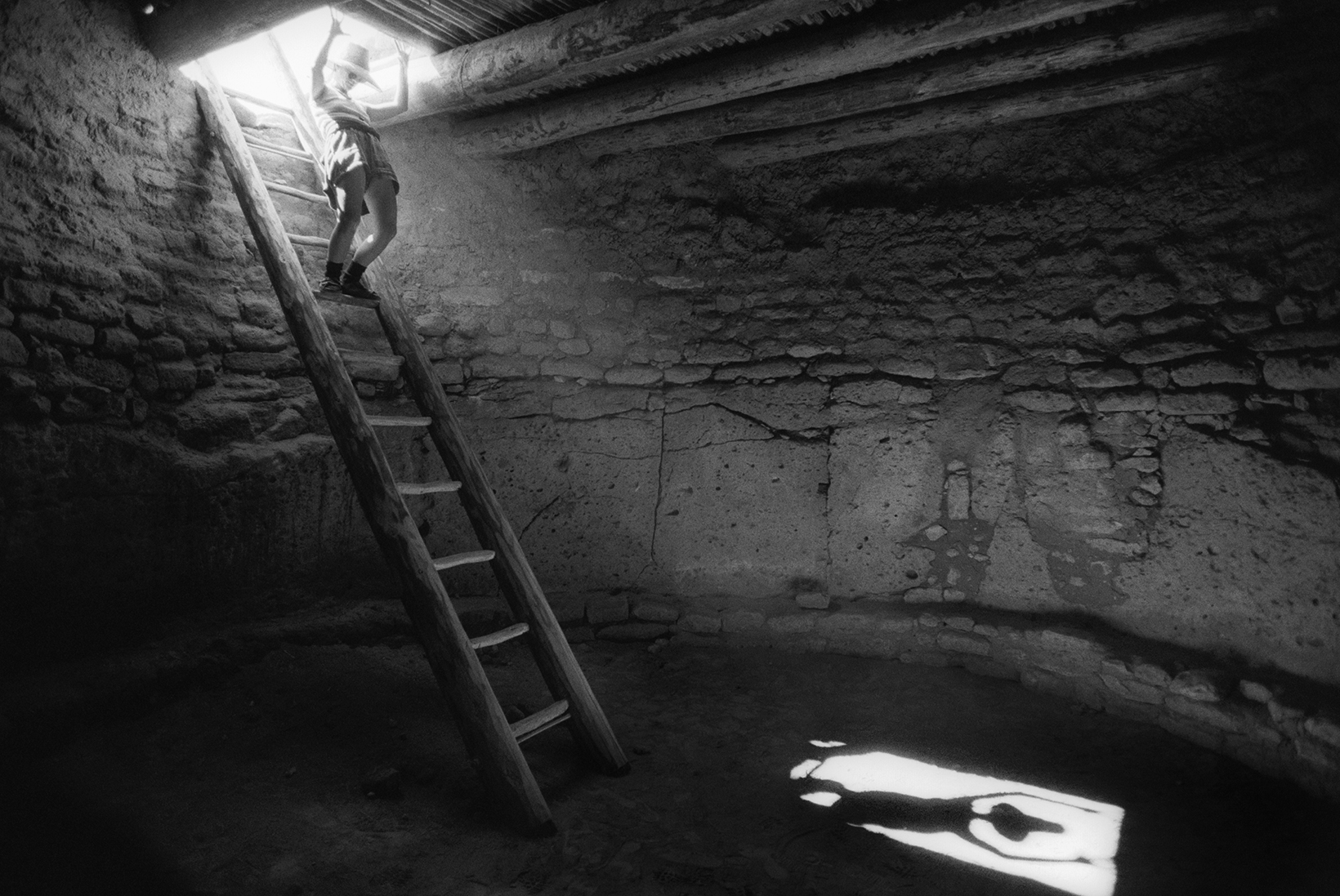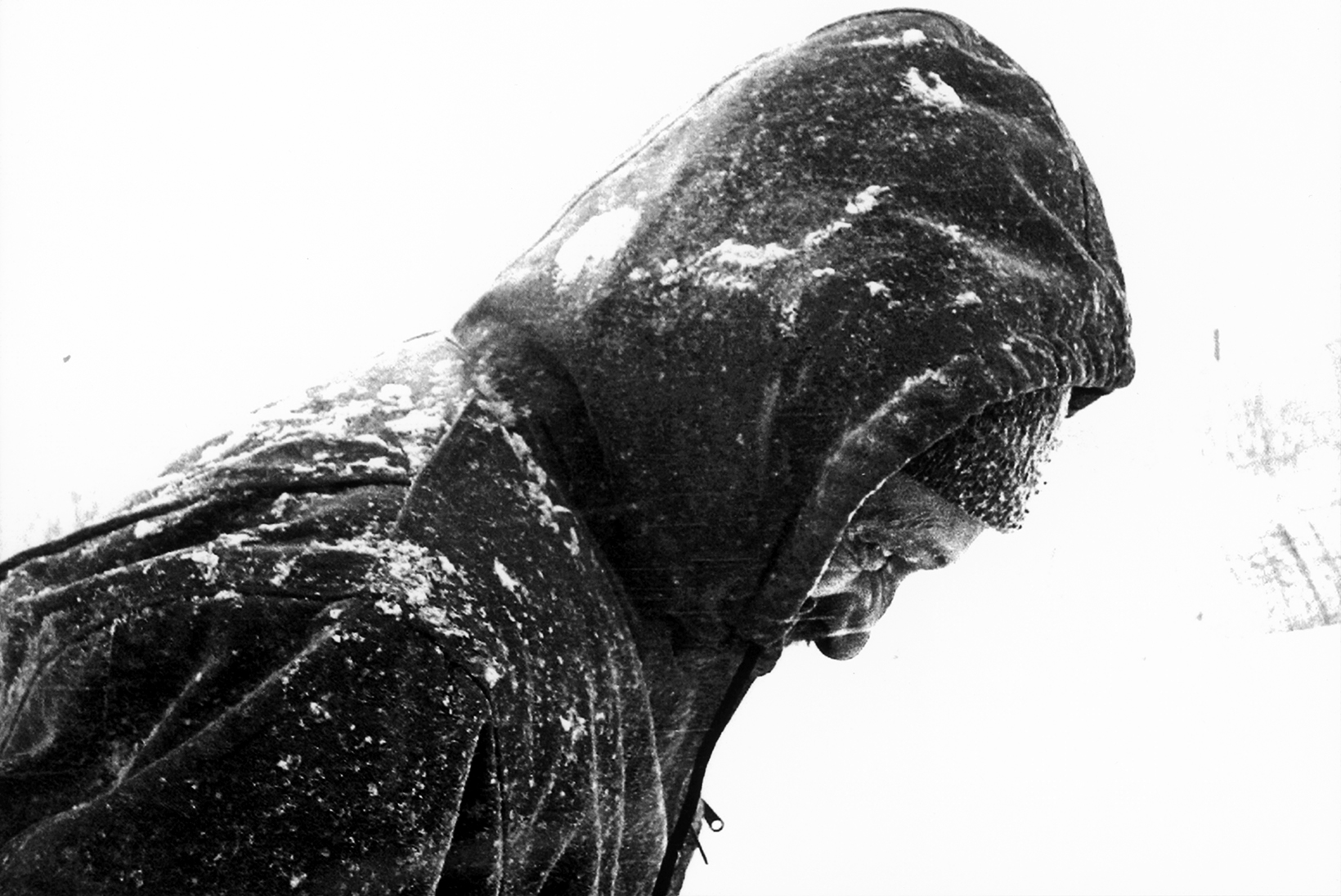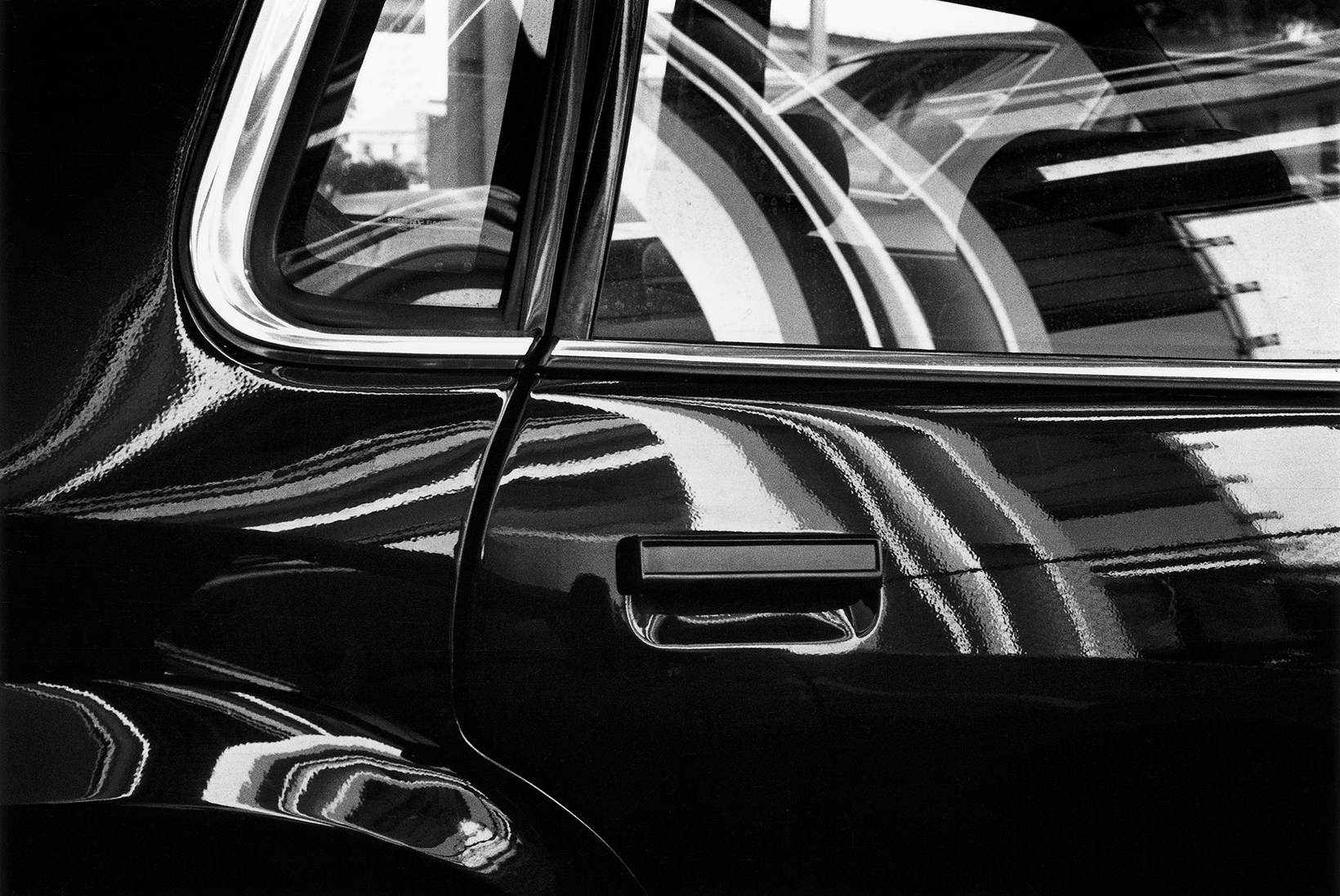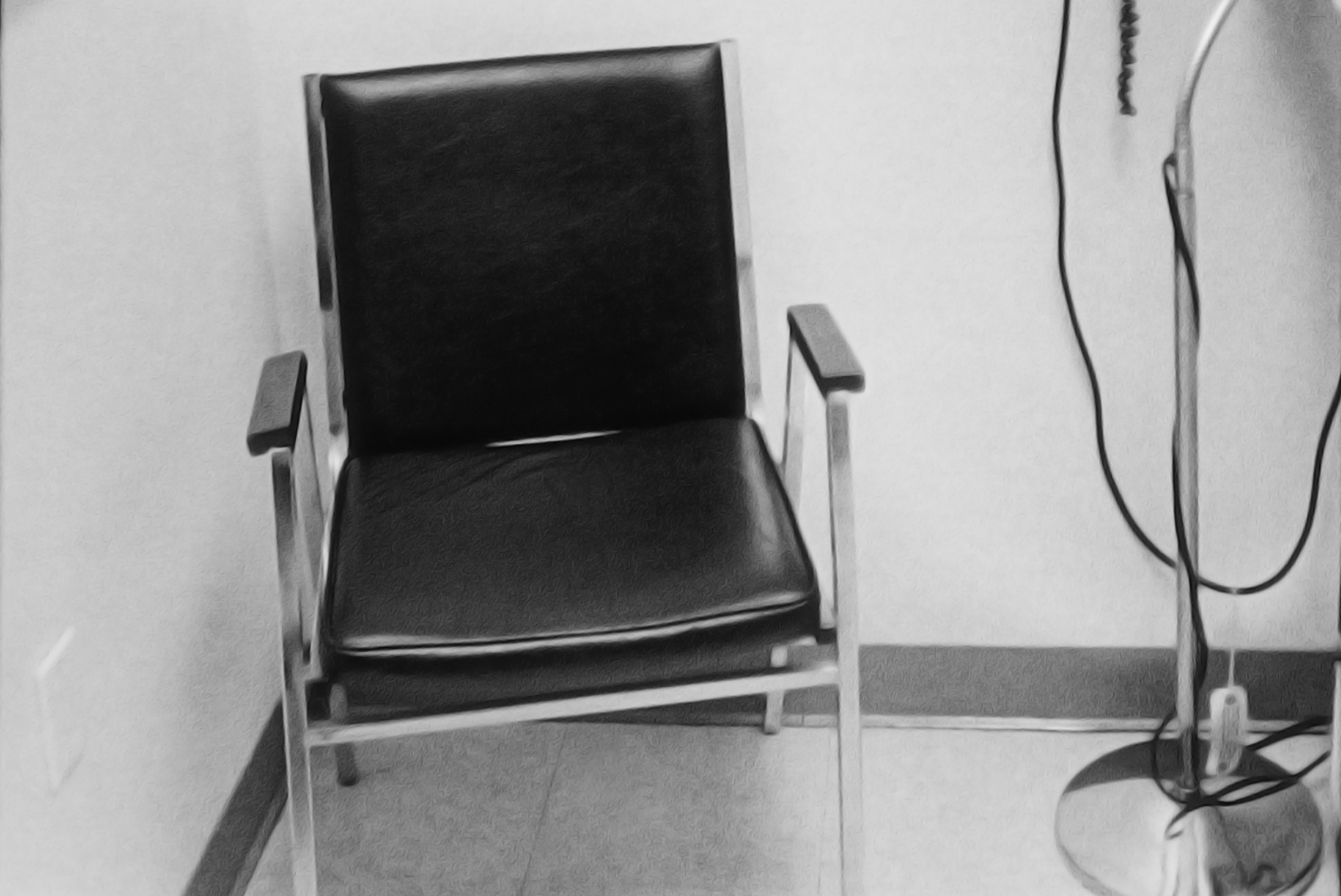Featured Selections
From the Archives
Nine To Five
A Brussels-sprouts cannery, the Kinsey Institute, singing telegrams
November 2006Capitalism And Its Discontents
Richard Wolff On What Went Wrong
Now let’s look at the history of the individual income tax. In the 1950s and 1960s the top income-tax bracket for an individual was 91 percent. That means that for every dollar an individual earned over a certain amount — let’s just say one hundred thousand dollars — he or she had to give Uncle Sam ninety-one cents. Even in the 1970s it was still 70 percent. What is the tax rate for the richest Americans today? Thirty-five percent. Think of it: the tax rate for the richest Americans went from 91 percent down to 35 percent. Now, that’s a tax cut the likes of which has never been enjoyed by the vast majority of Americans.
February 2012The Moral Universe
Barbara Kingsolver On Writing, Politics, And Human Nature
This isn’t about “paper or plastic” or some vision of self-congratulatory parsimony. It’s about replacing material gratifications with spiritual ones. I don’t know how much carbon I’m offsetting with my choices. I just prefer to be a good animal rather than one that fouls its nest.
March 2014The Good Red Road
Leslie Gray On Rediscovering America’s Oldest Psychology
When I used to teach Native American studies at Berkeley, I would offer an A to any student who could come up with a Western model of health. No one was ever able to do it. The West developed only a model of disease. Therefore all of its treatments are based on a negative model. They are all “anti”: antidepressants, antipsychotics, antihistamines, antibiotics, and so on. And we are constantly being told that we have to “fight” this or that illness. This is a dualistic way to look at healing. The Native American model is a model of health. It is about the restoration of balance to body, mind, and heart. It assumes that we sometimes go out of balance, and good health depends on restoring that balance.
April 2009Shelter
Wilbur hadn’t ended up at the shelter because he’d drunk himself there, or squandered his money, or been caught cheating on a disability claim. No, Wilbur had ended up at Bartlett House because he’d never married or had children, and kin was how a man like Wilbur made it through the final years of his life.
October 2014Driven By Desire
The first sharp pang of desire hit me in the parking lot of my daughter’s preschool. It was a cold winter day in North Carolina, and as I buckled my seat belt, another mother maneuvered her gleaming new Volvo station wagon into the space beside my 1992 Honda Civic. She smiled and gestured for me to roll down my window so we could talk.
June 2005Who Will Heal The Healers?
Pamela Wible On What’s Missing From Healthcare Reform
I was extremely disheartened, because I felt I was destined to be a doctor, but I couldn’t sustain my enthusiasm on the assembly line; it was such a dehumanizing experience. I was tired of interrupting crying people to say, “Sorry, we’re out of time.” I wanted to be kind to patients, even if it meant a huge cut in my salary. Many doctors feel this way. I’ve met several female physicians who are ready to quit medicine and find other work.
November 2009The Gifted Classes
I have nothing to say about the politics of poverty, what causes it and what it causes and how to make it go away. I can only tell you what poverty does to a person. It gets inside you, nestles into your bones, and gives you a chill that you cannot shake. Poverty becomes you — it shapes what you see and taste and dream — till there is no telling where you stop and poverty begins. To be poor is to live in denial — not the denial of professional counselors and self-help books, which is an avoidance of some truth too painful to admit, but denial in its most literal sense: you must say no to yourself constantly.
January 2003October 2005
“We can’t forget,” my friend C. said. “Forgetting what happened to the people of New Orleans will exact too high a price. We can’t just send off a check, and cry again over the images, and pretend there’s nothing left for us to do.”
October 2005Poor And Poorer
Growing Up In The Projects
The endless rows of cramped units were designed to house the maximum number of people in the smallest, most underdeveloped side of town. Most families were black. There were only two categories — the poor but not yet without hope, and the poor without any hope.
August 1992